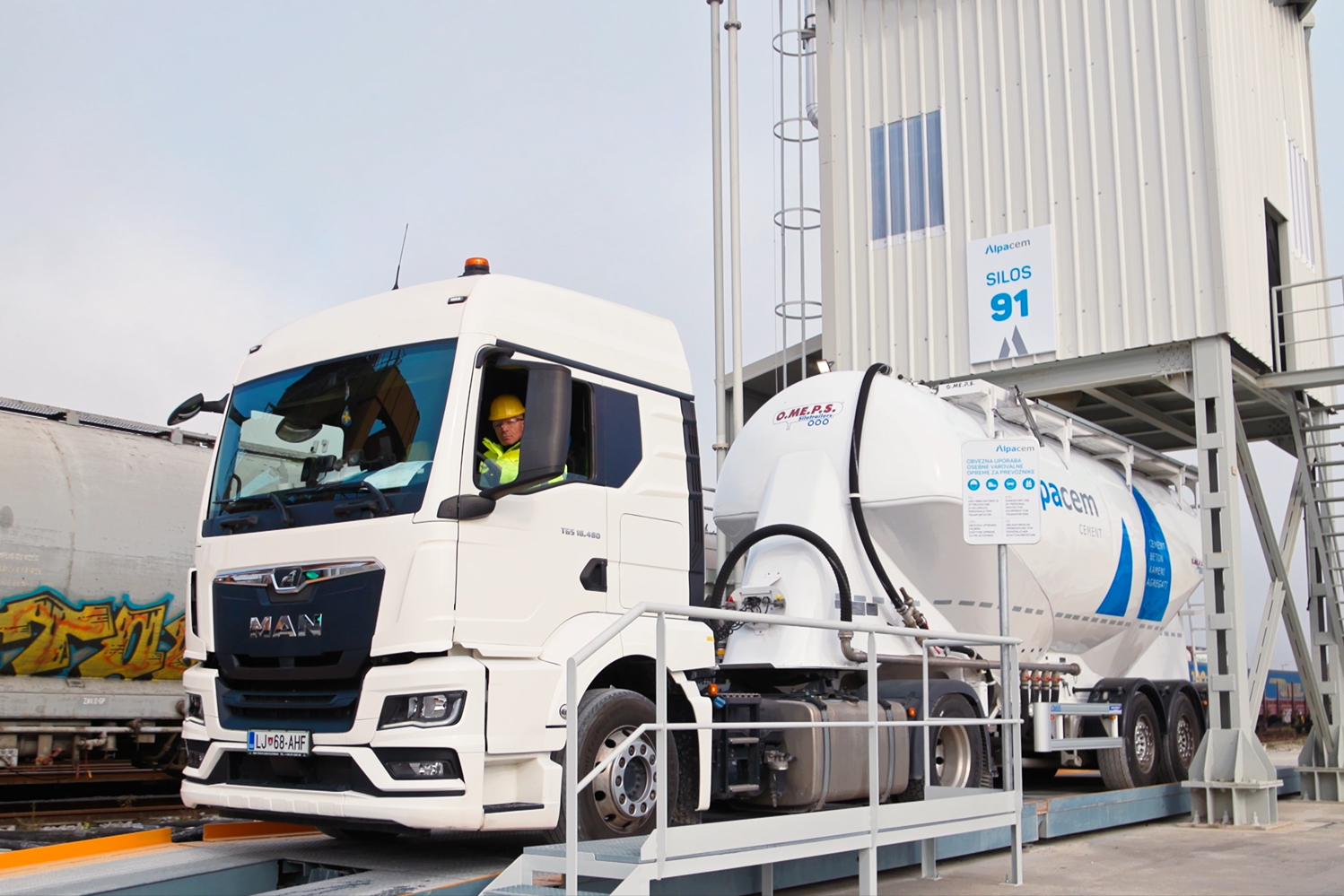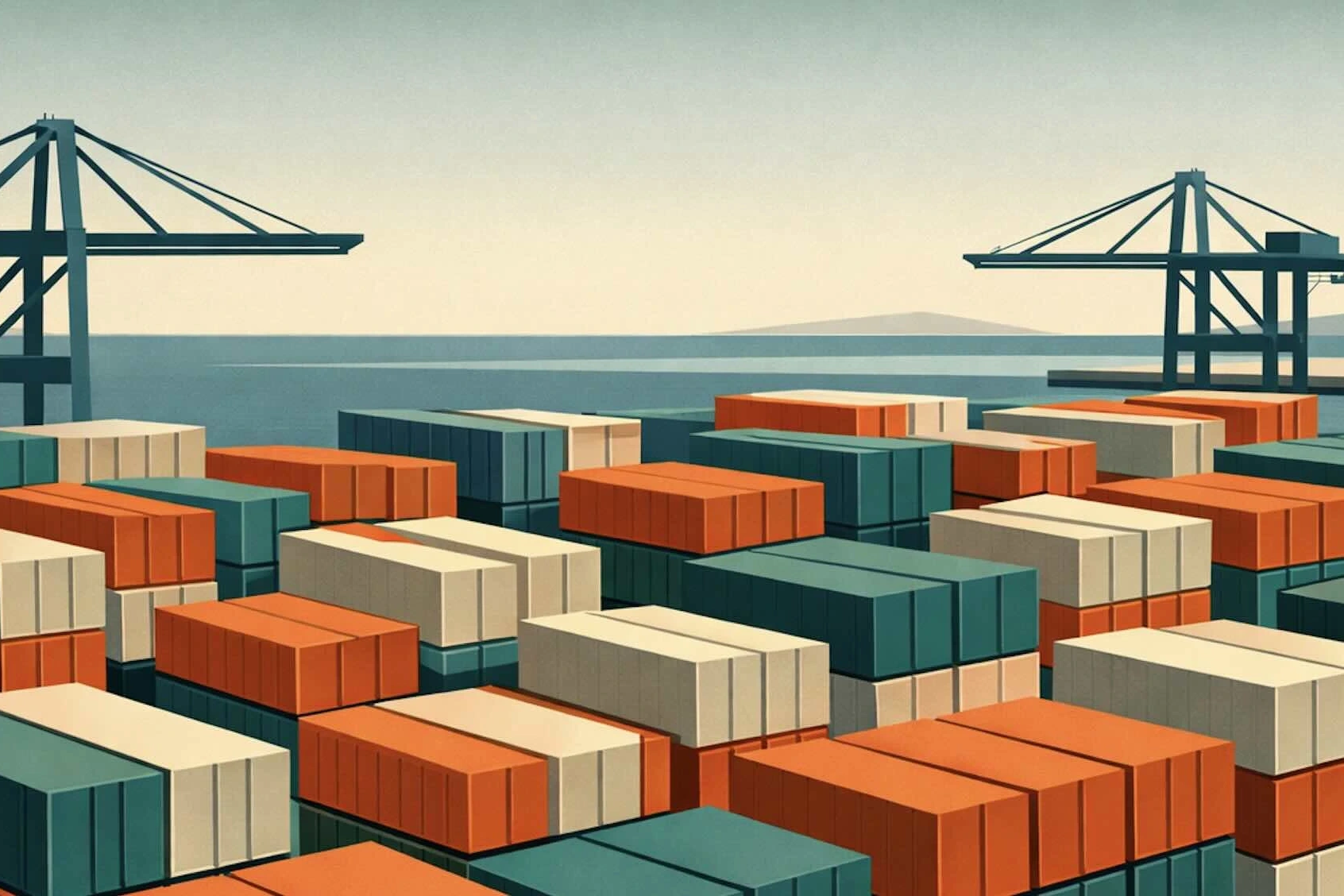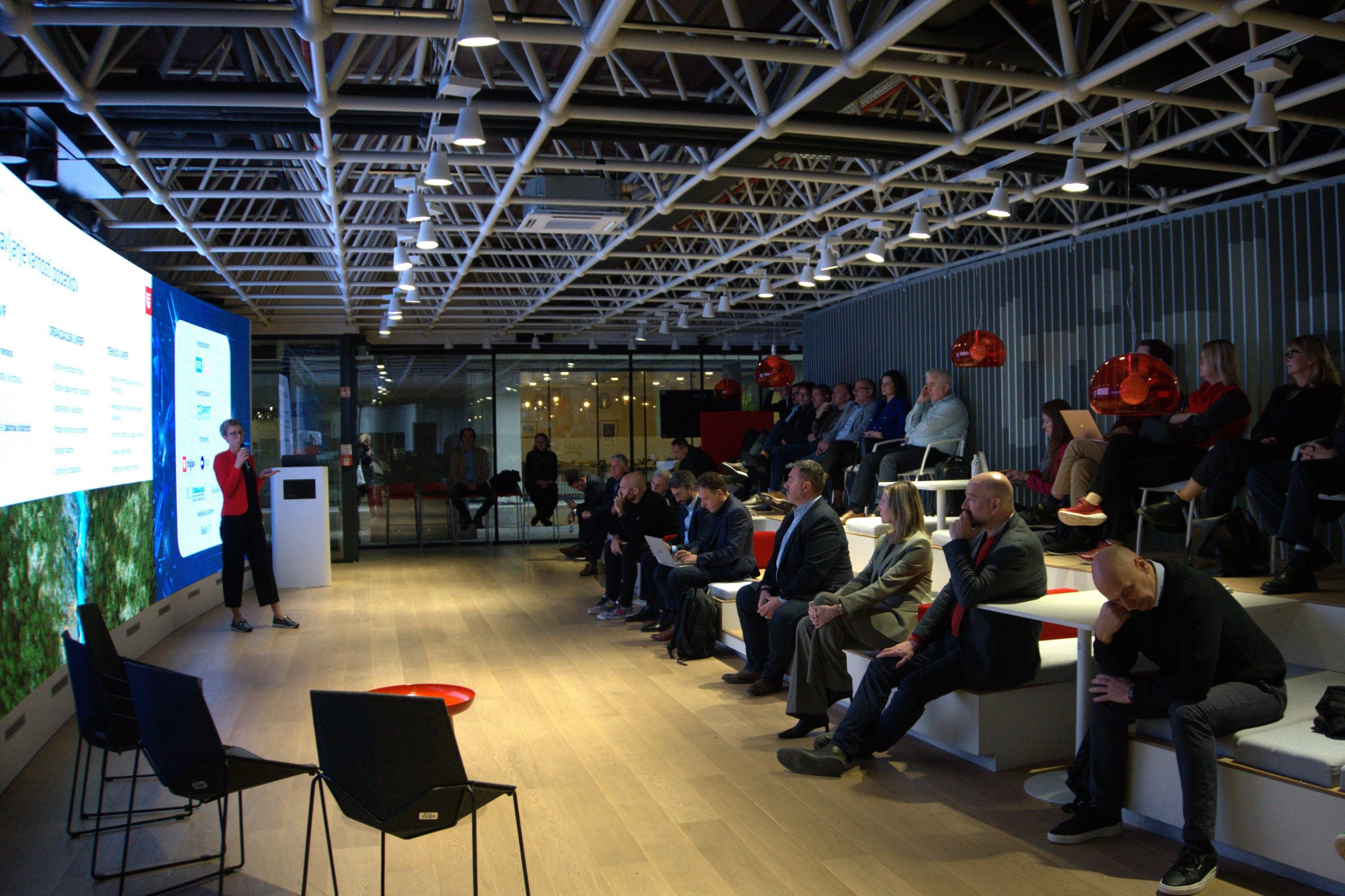Finance and business
“Our region needs to look for connecting points, as its economies are highly complementary.”
By Jan Tomše
It is the responsibility of European and regional leaders to ensure stability and the fastest possible integration of the entire Adriatic region into the European Union, says Andrej Lasič, member of the management board of NLB, who is responsible for corporate and investment banking. We caught up with him to discuss the latest economic developments in the region, the opportunities and challenges facing the countries. Sharing valuable insights from the perspective of a corporate banker in the region’s largest financial institution, he shed some light on what 2024 may have in store for the region’s economy and people.
As a corporate banker, how would you assess year 2023 in the Adriatic region in terms of economic and business developments?
Looking back at the end of 2022, when there was still a lot of pessimism, I think that in economic terms, despite all the challenges and turbulence, we can be satisfied. The current forecasts for economic growth in our region are much higher than, for example, the euro area average. While the average real GDP growth in the euro area in 2023 will be, according to some estimates, only 0.4%, the region will grow much faster, with Slovenia at 1.3%, North Macedonia at 2% and Montenegro at 4%, for example. We can see the gap with the most developed countries is narrowing, but sustaining this trajectory hinges on political stability.
Decision-makers should strive to unite on the most important issues. I am an optimist and believe that this is possible, even when agreements in the region may seem hard to reach. There is no alternative to dialogue, to finding solutions together and to working together.
I see key risk for the region arising from extremely unfavourable demographic trends, primarily due to emimakers to move towards the European Union as quickly as possible. If the Adriatic region manages to maintain a constant course of development, it can emerge as a relative winner amid this challenging period.
What are the main challenges facing the region at the moment and is there room for optimism?
The region as a whole needs to maintain political stability, and there must be an agreement among the decision-makers to move towards the European Union as quickly as possible. If the Adriatic region manages to maintain a constant course of development, it can emerge as a relative winner amid this challenging period.
Despite the challenges, I am optimistic for several reasons. The countries in the region have relatively low debt compared to the euro area. With the exception of Slovenia and Montenegro, their public debt is around 50% of GDP, and it is even lower in Kosovo and Bosnia and Herzegovina, while the euro area’s average public debt exceeds 90% of GDP. Moreover, the Adriatic region is extremely resilient and accustomed to living with inflation.
The third and crucial reason is the nearshoring trend in the German-Italian-Swiss economic basin. Amid a number of geopolitical uncertainties and logistical challenges stemming from the war in Ukraine, conflict in the Middle East, and the disruption caused by the coronavirus pandemic, the European economies are adjusting their supply chains. This is a tremendous opportunity for the whole Adriatic region, and especially for Slovenia, which is a key economic partner of the Central European economy and can play an important role as a link to the markets in our region.
So where should Slovenia as a country and Slovenian companies look for opportunities in the region?
I think there is still a lot of untapped potential in the region. We know well both the region and the West, so Slovenia could be a hub and a bridgehead connecting the region with Central and Western Europe.
Unfortunately, at the moment, the Adriatic region seems to have slipped from the West’s spotlight. This is partly because it is fragmented and does not have a unified and common voice in dealings with Brussels, and partly because new crises are constantly emerging in the EU’ neighbourhood. If the region was better integrated and spoke with a unified voice in its interactions with the EU, I am convinced it would have greater negotiating power. In such a case, Europe would recognise it as an integrated economic area that together represents a market of 20 million people and, at the same time, a significant productive power. Better cooperation is in the interest of both the the EU and the Adriatic region.









